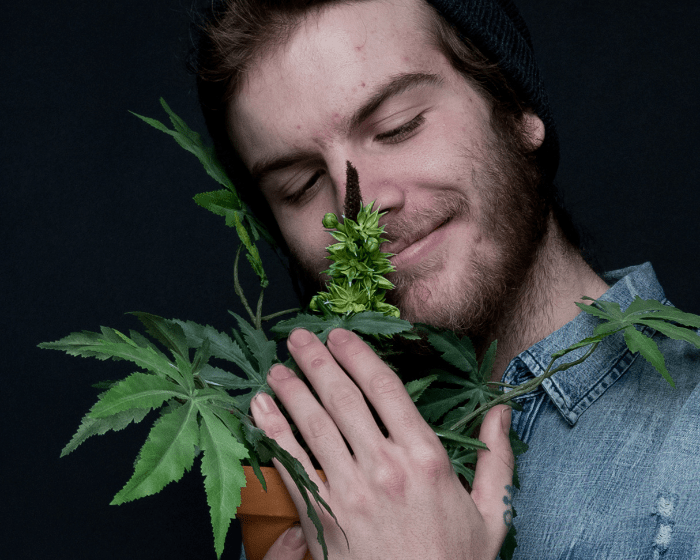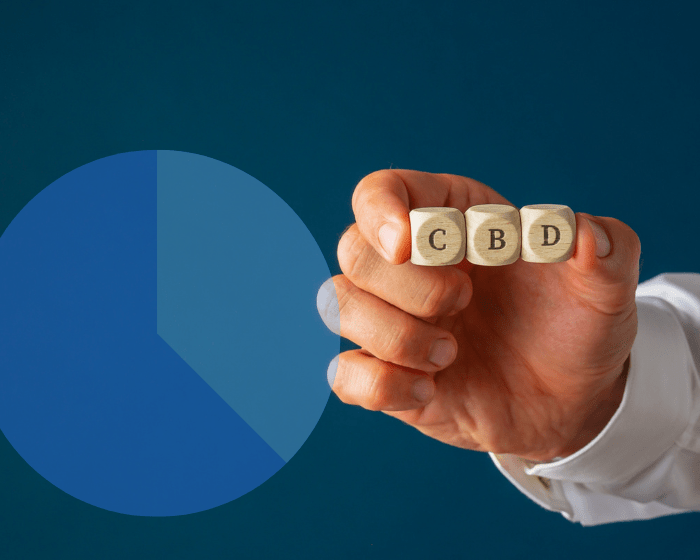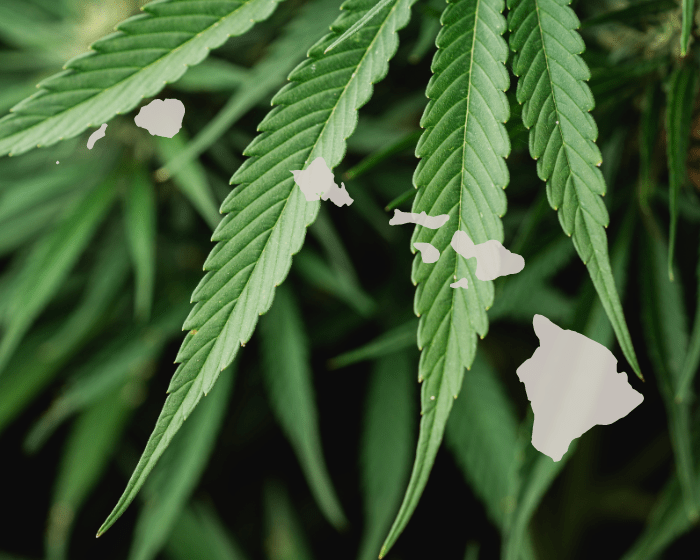
Moderate cannabis use doesn’t appear to decrease motivation or the ability to enjoy life’s pleasures, according to new research. This appears to be true for adolescents and adults alike, but the researchers said long-term studies are needed to confirm their findings.
A team led by scientists at three English institutions — University College London, the University of Cambridge and King’s College London — studied whether cannabis users showed higher levels of apathy than non users, greater lack of enjoyment, or less willingness to exert physical effort to receive a reward.
The results, published in the International Journal of Neuropsychopharmacology, revealed that the notion of the apathetic stoner is a myth.
“We were surprised to see that there was really very little difference between cannabis users and non-users when it came to lack of motivation or lack of enjoyment, even among those who used cannabis every day,” said Martine Skumlien, a Ph.D. candidate in the Department of Psychiatry at the University of Cambridge in a press release. "This is contrary to the stereotypical portrayal we see on TV and in movies.”
“We were surprised to see that there was really very little difference between cannabis users and non-users when it came to lack of motivation or lack of enjoyment, even among those who used cannabis every day. This is contrary to the stereotypical portrayal we see on TV and in movies.”
— Martine Skumlien, Psychiatry Ph.D. Candidate, University of Cambridge
Adolescents generally scored higher than adults on anhedonia (inability to feel pleasure) and apathy whether they used cannabis or not.
“There’s been a lot of concern that cannabis use in adolescence might lead to worse outcomes than cannabis use during adulthood,” said Dr. Will Lawn of the Institute of Psychiatry, Psychology and Neuroscience at King’s College London. “But our study, one of the first to directly compare adolescents and adults who use cannabis, suggests that adolescents are no more vulnerable than adults to the harmful effects of cannabis on motivation, the experience of pleasure, or the brain’s response to reward.
“In fact, it seems cannabis may have no link—or at most only weak associations—with these outcomes in general,” Lawn continued. “However, we need studies that look for these associations over a long period of time to confirm these findings.”
Professor Barbara Sahakian of the Department of Psychiatry at the University of Cambridge noted that frequency among users in the study didn’t affect motivation, but intense cannabis use might.
“The participants in our study included users who took cannabis daily and they were no more likely to lack motivation,” Sahakian said. “However, we cannot rule out the possibility that greater use, as seen in some people with cannabis-use disorder, has an effect.”
“The participants in our study included users who took cannabis daily and they were no more likely to lack motivation. However, we cannot rule out the possibility that greater use, as seen in some people with cannabis-use disorder, has an effect.”
— Professor Barbara Sahakian, Department of Psychiatry, University of Cambridge
Details of the Study
Study subjects:
- 274 adolescents and adults who had used cannabis at least weekly over the past three months, with an average of four days per week.
- 274 non users of the same age and gender to match each user.
Measuring tools:
- Questionnaires measuring anhedonia, asking participants to rate statements such as “I would enjoy being with family or close friends.”
- Questionnaires measuring apathy, asking them to rate interest in a range of topics from learning new things to the likelihood of completing a task.
- Roughly half of the participants completed tasks to asses willingness to exert physical effort and to measure how much pleasure they received from rewards.
Results:
- Cannabis users scored slightly lower than non-users on anhedonia, meaning they were slightly more able to enjoy life’s pleasures.
- There was no significant difference in apathy.
- The researchers found no link between frequency of cannabis use and apathy or anhedonia.
“Our results suggest that cannabis use at a frequency of three to four days per week is not associated with apathy, effort-based decision-making for reward, reward wanting, or reward liking in adults or adolescents,” the study concluded. “Cannabis users had lower anhedonia [meaning they reported greater enjoyment of life’s pleasures] than controls, albeit at a small effect size. These findings are not consistent with the hypothesis that non-acute cannabis use is associated with amotivation.”
The findings align with the results of a study published earlier this year involving the same participants, using brain imaging to measure reward processing. The researchers found no relationship between activity in ventral striatum, a key region in the brain’s reward system, and cannabis use.
“We’re so used to seeing ‘lazy stoners’ on our screens that we don’t stop to ask whether they’re an accurate representation of cannabis users,” Skumlien said. “Our work implies that this is in itself a lazy stereotype, and that people who use cannabis are no more likely to lack motivation or be lazier than people who don’t.”








































